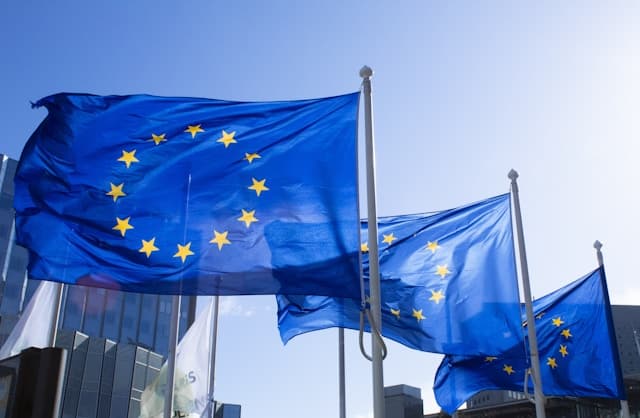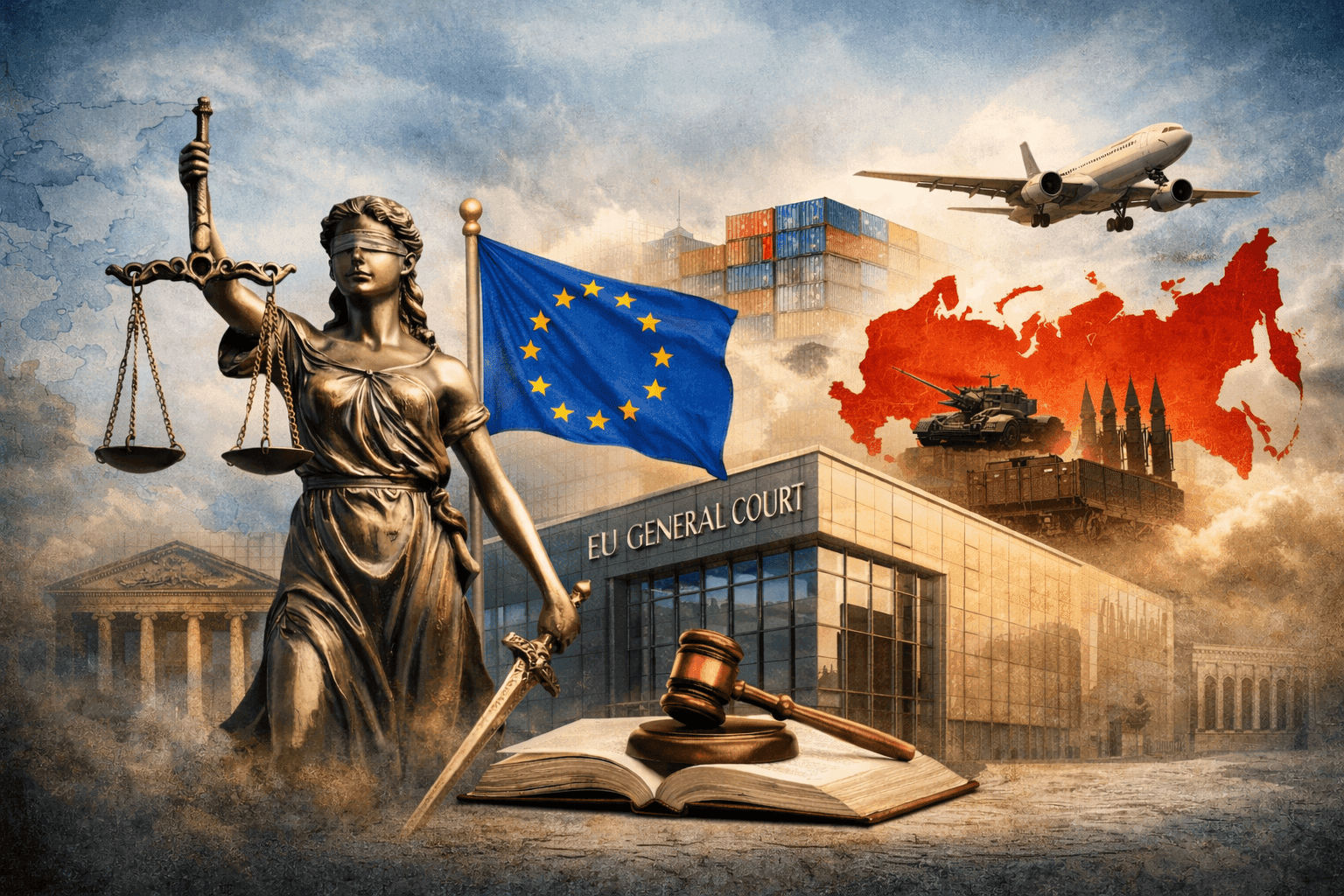Global News
EU General Court Rules on Vyacheslav Kantor's Challenge to Sanctions, Including Usage of Wikipedia as Evidence
DATE
20 Jan, 2025
Read time
10
On 15 January 2025, the General Court of the European Union (Tribunal General de l'Union Européenne) delivered its judgment in Vyacheslav Moshe Kantor Vs. Council of the European Union (T-748/22) case.
Background and Legal Basis
The case concerns Viatcheslav Moshe Kantor, a Russian, Israeli, and UK citizen, challenging the EU's restrictive measures imposed in response to Russia's actions against Ukraine. These measures, including asset freezes and travel bans, targeted individuals and entities contributing substantially to the Russian government’s revenues. Kantor, a prominent businessman reportedly linked to President Vladimir Putin, sought the annulment of these measures, claiming violations of his rights, procedural flaws, and insufficient evidence to justify his inclusion.
EU Council's Justification
The Council justified Kantor’s listing by citing his significant role as a shareholder and beneficiary of the Acron Group, one of Russia's largest fertilizer producers, and his alleged close ties to Russian leadership. The Council argued that his economic activities supported sectors that generated substantial revenue for the Russian government, aiding its actions in Ukraine. Publicly accessible documents, including news articles, reports, and other online sources, were provided as evidence to substantiate these claims.
Claims by Kantor's Legal Team
Kantor’s legal representatives challenged the sufficiency and credibility of the evidence presented by the Council. They argued that the measures violated his rights to defense, equality of treatment, and effective judicial protection. They criticized the reliance on generic and unverified information, including sources like Wikipedia, and contended that the Council failed to demonstrate a direct link between Kantor's activities and Russian state actions.
Use of Wikipedia in Evidence
The Council’s evidence included a reference to Wikipedia as part of the second dossier WK. Kantor’s legal team argued that Wikipedia’s open-edit nature made it inherently unreliable and insufficient to support allegations in such a serious context. However, the Council defended its use of Wikipedia, emphasizing that it was not the sole source but one among many used to build a broader contextual understanding. The Tribunal acknowledged Wikipedia’s limitations but ruled that its inclusion, in combination with corroborating sources, met the evidentiary threshold under the circumstances.
Tribunal's Findings
The Tribunal reviewed the procedural fairness and the substantive evidence supporting the measures. It found that the Council provided a sufficiently detailed rationale for its decisions and upheld Kantor’s right to present his case throughout the proceedings. While noting the practical challenges of obtaining direct evidence in the Russia-Ukraine conflict, the Tribunal concluded that the Council’s reliance on publicly available sources, including Wikipedia, was reasonable given the context.
Outcome and Implications
The Tribunal dismissed Kantor’s claims and upheld the restrictive measures, validating the Council's assessment of his role and influence. This decision reaffirmed the EU’s ability to use publicly available and indirect evidence in restrictive measures cases, provided it is part of a broader, coherent evidentiary framework.
Related articles




